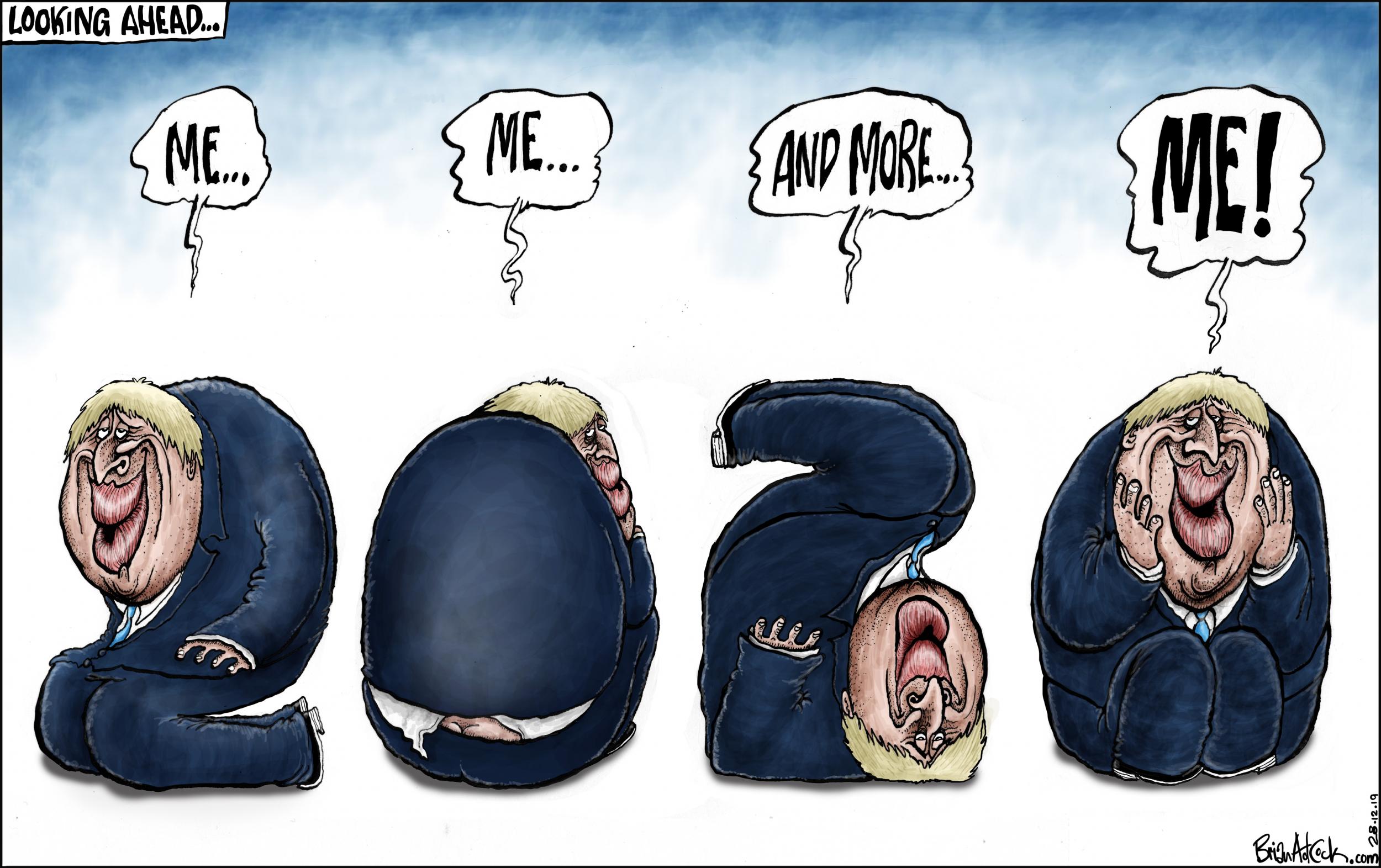Hate crimes are vile and inexcusable – local authorities and the government must work to increase prosecution rates
Victims need to have the courage and confidence to come forward and low statistics do not help

The police don’t tolerate hate crime. Why should you?” says a campaign logo produced by True Vision, a national police scheme to help people who suffer hostility or prejudice because of disability, race, religion, sexual orientation or transgender identity.
Whether the police are matching such good intentions with firm action is an open question. The Independent reveals today that the proportion of reported cases ending in a prosecution has dropped from a quarter to less than one in 10 in the past six years. The fall appears to be due to changes in police practice. While the number of hate crimes recorded by police rose from 44,500 in 2013-14 to an all-time high of 103,379 last year, the proportion sent on to prosecutors fell from 32 per cent to just 11 per cent.
Of course, the police must juggle ever-growing demands – whether the rise in knife crime, the new challenge of cybercrime or the constantly evolving threat of terrorism brought tragically home by the London Bridge killings. Boris Johnson’s promise of an extra 20,000 officers, replacing the exact number cut by Theresa May, will help but their recruitment will take years.
Whatever their undoubted pressures, in order to retain public confidence the police must be flexible enough to move with the times. Since the 2016 Brexit referendum, there has undoubtedly been a coarsening of public debate, with terrible consequences. Rose Hudson-Wilkin, the Bishop of Dover and former chaplain to the House of Commons, told BBC Radio 4 on Tuesday she believed it contributed to the murder of the Labour MP Jo Cox during the referendum campaign.
It is no coincidence that the number of racially or religiously aggravated offences was 44 per cent higher in the month after the referendum than in the same month in the previous year. There were also spikes in hate crime after the 2017 London and Manchester terror attacks and after heated debates over Brexit in parliament – including after Boris Johnson dubbed legislation to prevent a no-deal exit the “Surrender Act”.
The Home Office believes the rise in hate crime in recent years has been driven mainly by growing public awareness of the issue and improvements in recording by police. Although it concedes the statistics might reflect a real increase in hate crime at certain points, its explanation smacks of complacency.
The government, police and prosecutors should remember that recorded cases are regarded by charities who work with the victims as only the tip of an iceberg. The Crime Survey for England and Wales, which measures people’s experiences, suggests that only about half of hate crimes are reported to the police.
The drop in the number of prosecutions might be connected to an unpublicised and now abandoned target of 85 per cent for hate crime convictions set by the Crown Prosecution Service for 2013-14. Critics claim such “levels of ambition” might skew decisions by police and prosecutors by encouraging them to weed out “weak” cases. There has been a similar controversy over the worryingly low level of prosecutions for rape.
Sadly, the anonymity afforded to social media will mean that some perpetrators of hate crime will escape prosecution. But if some allegations are being handled in different ways – for example, being treated as acts of anti-social behaviour – that would be a worrying development.
There is nothing inevitable about hate crime. It is vile and inexcusable and we should not tolerate it. For this scourge to be eliminated, it will require the victims to have the courage and confidence to come forward. A prosecution rate of one in 10 will not inspire such confidence and is not good enough.
Join our commenting forum
Join thought-provoking conversations, follow other Independent readers and see their replies
Comments
Bookmark popover
Removed from bookmarks